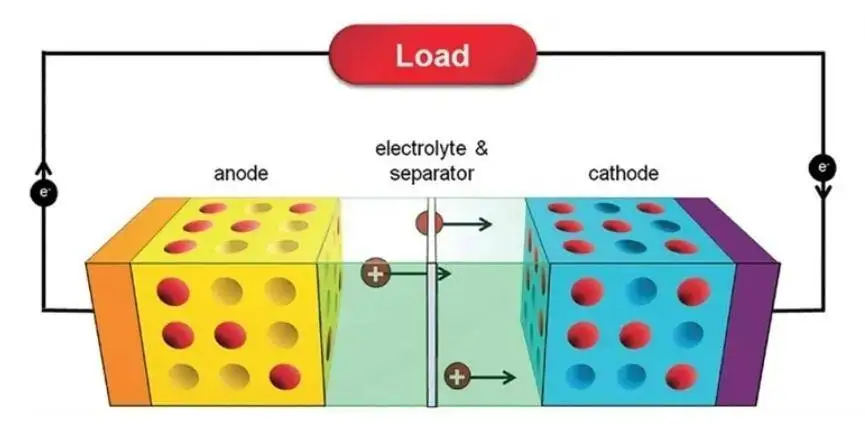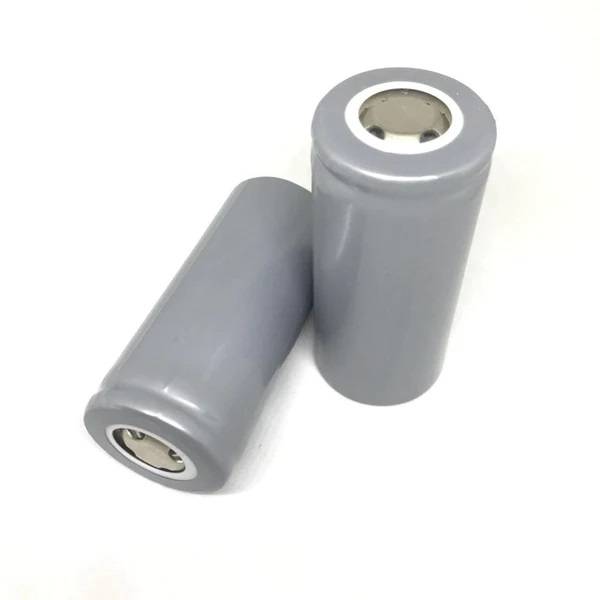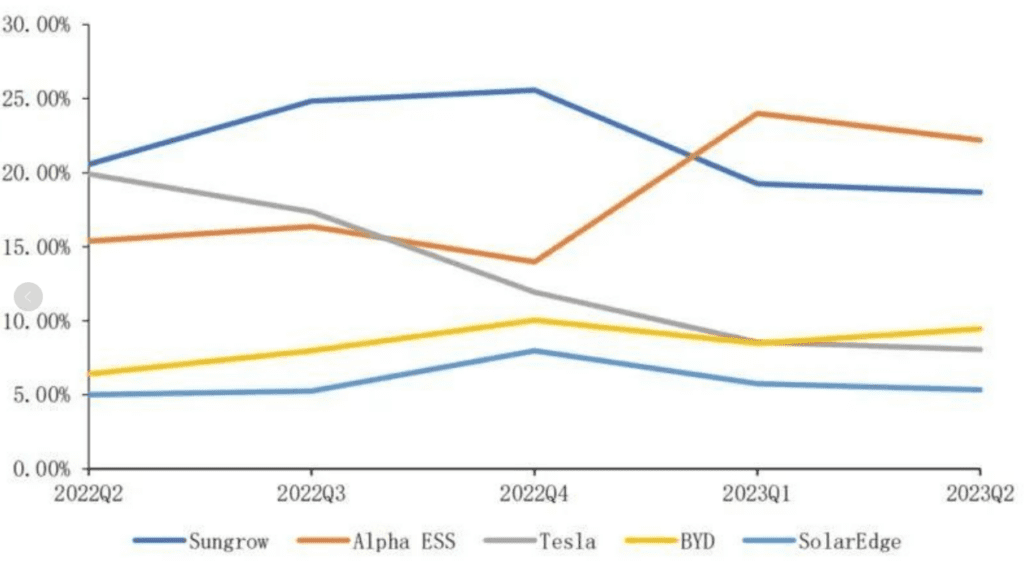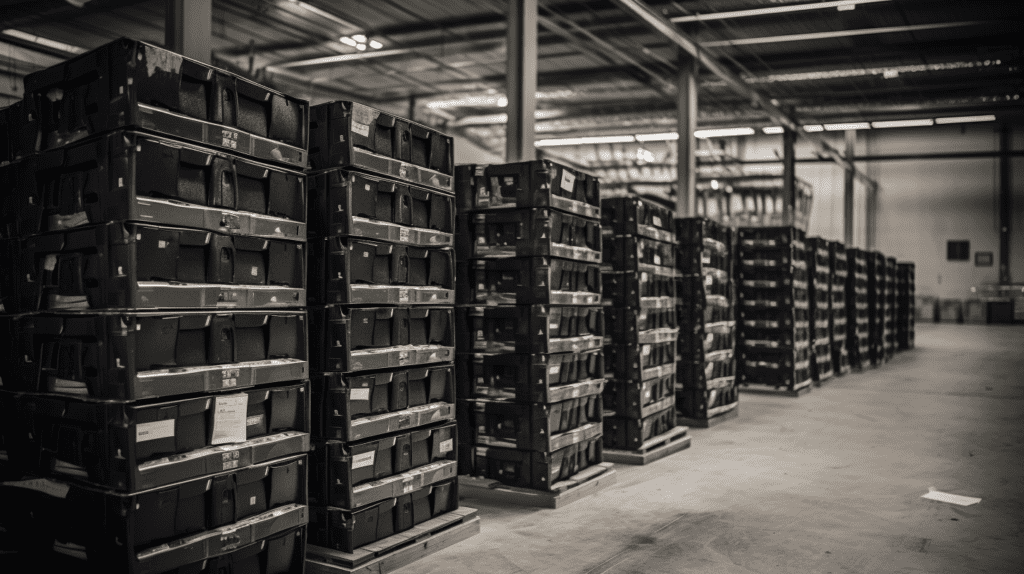Battery C rating is a crucial specification that indicates how quickly a battery can be charged or discharged relative to its maximum capacity. Understanding the C rating is essential for selecting the right lithium battery for specific applications, as it directly impacts performance, efficiency, and longevity.
What Is Battery C Rating?
The battery C rating measures the rate at which a battery can be charged or discharged compared to its capacity. For example, a battery rated at 1C can discharge its entire capacity in one hour. If a 100Ah battery has a 1C rating, it can deliver 100 amps for one hour. A higher C rating indicates that the battery can provide more current in a shorter time frame.
| Capacity (Ah) | 1C Discharge (A) | 2C Discharge (A) | 0.5C Discharge (A) |
|---|---|---|---|
| 100 | 100 | 200 | 50 |
| 200 | 200 | 400 | 100 |
How Is C Rating Calculated for Lithium Batteries?
The formula to calculate the C rating is:
For instance, if a battery has a rated capacity of 100Ah and is discharged at a current of 50A, its C rate would be:
This means that the battery will take two hours to discharge completely at this rate.
Why Does C Rating Matter for Lithium Battery Performance?
The C rating is critical because it determines how effectively a battery can deliver power to an application. A higher C rating allows for faster discharge, which is necessary in high-drain applications such as electric vehicles or power tools. Conversely, lower-rated batteries are better suited for applications that require slower discharge rates over extended periods, such as solar energy storage.
What Are the Effects of High and Low C Ratings on Battery Life?
High C ratings can lead to quicker energy delivery but may also result in increased heat generation, which can shorten battery life if not managed properly. Conversely, low C ratings allow for longer discharge times but may not provide sufficient power during peak demand periods.
| Effect | High C Rating | Low C Rating |
|---|---|---|
| Discharge Time | Shorter (e.g., minutes) | Longer (e.g., hours) |
| Heat Generation | Higher; risk of thermal issues | Lower; more stable |
| Application Suitability | High-drain devices | Long-term energy storage |
How Does C Rating Influence Charging and Discharging Rates?
The charging and discharging rates are directly influenced by the battery’s C rating. A higher-rated battery can accept charge more quickly, which is advantageous in applications needing rapid recharging. For example, a battery with a 2C rating can theoretically charge fully in half the time compared to a 1C rated battery.
What Are Typical C Ratings for Various Lithium Battery Types?
Different lithium batteries have varying typical C ratings based on their chemistry and intended use:
- Lithium-Ion: Generally rated between 1C to 3C.
- Lithium Iron Phosphate (LiFePO4): Typically rated around 1C.
- Nickel Manganese Cobalt (NMC): Often rated up to 3C or higher.
Redway Battery has a great solution for those looking to find lithium batteries with appropriate ratings tailored to their specific needs.
How Can You Choose the Right Battery Based on Its C Rating?
When selecting a lithium battery based on its C rating:
- Assess Application Needs: Determine whether your application requires high discharge rates or longer run times.
- Check Manufacturer Specifications: Always refer to datasheets or labels to find accurate ratings.
- Consider Environmental Factors: Temperature and usage conditions can affect performance; choose accordingly.
Tips for Battery Wholesale Buyers
When sourcing lithium batteries:
- Evaluate specific application requirements before choosing based on the C rating.
- Consider both initial costs and long-term performance.
- Partner with manufacturers who prioritize quality control.
Redway Battery stands out as an excellent choice for battery wholesale buyers or OEM clients seeking reliable partners in lithium battery manufacturing.
Redway Battery Expert Insight
“Understanding the importance of battery C ratings is essential for optimizing performance in various applications. Selecting the right battery ensures efficiency and longevity while meeting specific energy demands.”
FAQ Section
- What does the battery’s C rating indicate?
The battery’s C rating indicates how quickly it can be charged or discharged relative to its capacity. - How do you calculate a battery’s C rating?
The formula is C rate=Current A / Capacity Ah - Why is a high C rating important?
A high C rating allows batteries to deliver power quickly, which is essential for high-drain applications. - What are common applications for different C ratings?
High-rated batteries are used in electric vehicles, while lower-rated ones are suitable for solar energy storage systems.
By understanding these aspects of battery C ratings, users can make informed decisions that align with their specific needs and application requirements.














